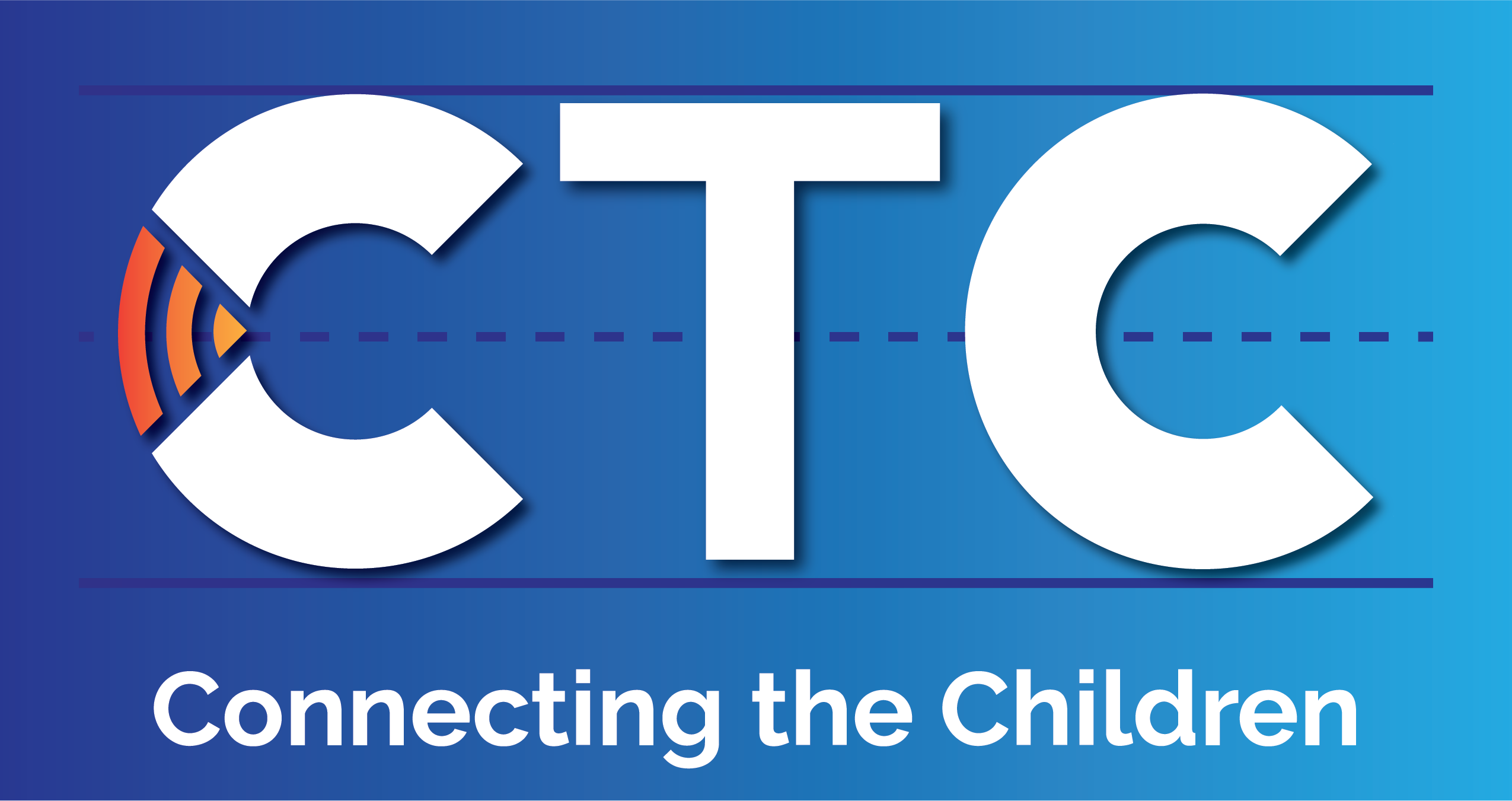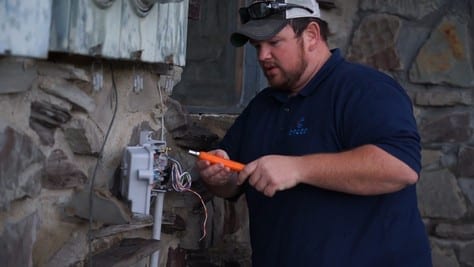Cross Telephone Connects Warner Students to Distance Learning
 When Warner Public Schools Superintendent David Vinson contacted Cross Telephone for help with connecting students for distance learning, the team at Cross didn’t hesitate to offer their assistance. Together the school and Cross developed the Connecting the Children program to connect the nearly 200 students in Warner without internet access, so they can complete their school work.
When Warner Public Schools Superintendent David Vinson contacted Cross Telephone for help with connecting students for distance learning, the team at Cross didn’t hesitate to offer their assistance. Together the school and Cross developed the Connecting the Children program to connect the nearly 200 students in Warner without internet access, so they can complete their school work.
Cross has always been proactive in providing the various connectivity needs of the schools within their service areas and had begun to prepare for the possibility that there would be an imminent need for connectivity within the communities they serve when the COVID-19 virus became a serious concern.
Cross created a dedicated team to focus on the Connecting the Children program. Seven team members dedicated 100% of their time to the project. This team handled everything from the first interaction with the customer to completing the install.
As Warner educators crafted their distance learning plan in the two weeks after spring break, Cross raced to lay lines and install modems in homes previously isolated by the digital divide, all at zero cost to families. The company connected nearly 200 households as distance learning began and boosted service to families who had an existing connection.
Warner, located 20 miles south of Muskogee, serves about 800 students in its rural community. Before the project, only 50% of Warner students had reliable internet at home. Now, 95% are learning online.
Warner Superintendent David Vinson said that although teachers had only days to prepare for distance learning, they’re adapting quickly and have been able to use online platforms to tap into a level of student engagement that has surpassed their expectations.
“We have a community of teachers who are 100% on board with digital learning and working hard every day to educate students,” Vinson said. “Within the first four days of digital instruction at home, our algebra students did over 11,000 math problems and logged 128 hours of math work. We’re a small district, so that’s a lot of time and a lot of math problems that were accomplished in a short period of time through a teacher who had never used a digital platform in her entire career.”
Vinson said student engagement is about 95% with its new distance learning program, and if students are lagging, educators reach out by phone to encourage them.
State Superintendent of Public Instruction Joy Hofmeister said achieving connectivity for all has been a lingering problem in Oklahoma.
“Nearly one in four Oklahoma students doesn’t have a broadband connection at home, and that’s an inequity that impacts learning,” she said. “We are grateful for the partnerships that businesses and other organizations have built with schools to step in and provide that connectivity – but it can’t just be one district at a time. This has to be a statewide response, and it must be a priority for Oklahoma right now.”
Hofmeister stressed the need for state and federal resources to provide for devices for all students as well as sustainable internet connectivity that endures beyond safer-at-home orders.
“Broadband is an equalizer. It creates opportunities for not only students, but also parents, small businesses, medical professionals and farms. It benefits the community as a whole,” said Cross General Manger David Wright. “The effects of a connected community are contagious and reach far beyond any one category.”
Not only did the Connecting the Children program solve the needs of the community, but the project as a whole also created solidarity amongst Cross team members.
“Connecting the Children was time sensitive for the students who needed to be connected, and we responded as such,” said Wright
After completing the project in Warner, Cross has kept the Connecting the Children team intact, and they are connecting students in a second town, Checotah. The team has also worked on various programs to connect Porum Public Schools, Gore Public Schools and Webbers Falls Public Schools.
Oklahoma’s State Broadband Coordinator Sonja Wall sees the Connecting the Children program as an example of how communities are coming together to find solutions for students and families.
 “Cross Telephone is leading by example,” said Wall, who also serves as OneNet’s director of OCAN and OneNet services. “This project shows their dedication to the communities they serve and demonstrates the importance of public-private partnerships in ensuring broadband accessibility for all Oklahoma citizens.”
“Cross Telephone is leading by example,” said Wall, who also serves as OneNet’s director of OCAN and OneNet services. “This project shows their dedication to the communities they serve and demonstrates the importance of public-private partnerships in ensuring broadband accessibility for all Oklahoma citizens.”
When asked what advice he would give to other communities, Wright said, “Be involved. Student connectivity, now more than ever, is a resource no student should be without. Our programs are a collaboration with the schools, without the school leadership these programs would not be possible.”

